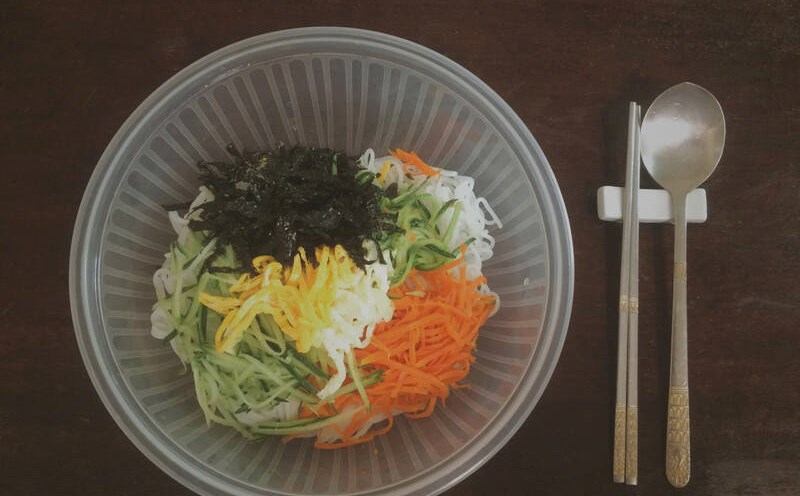According to the World Health Organization, excessive sugar consumption can lead to insulin resistance - a leading risk factor for type 2 diabetes and cardiovascular diseases. When the body consumes too much sugar, the amount of glucose in the blood increases, forcing the pancreas to produce more insulin to control. However, this in the long run makes the body "greasy" with insulin, leading to fake hunger, especially craving for sweets.
Craving for sweets is also related to how the brain reacts with the reward. Research shows that the dopamine secretion triggers - neurotransmitters create a sense of pleasure. When the amount of sugar in the body is always high, the body will need more to achieve a sense of satisfaction as the original, thereby creating a vicious cycle: the more sweet cravings, the more you eat, the more excess the sugar.
One of the most recognizable expressions when the body is excess sugar is continuous cravings, especially sweet dishes. When eating a lot of sugar, blood sugar will increase rapidly, stimulating the body to produce insulin to bring glucose into the cell. However, this skyrocketing insulin can cause sudden lower blood sugar, creating a feeling of hunger and urging to continue eating - especially sugar -rich foods to quickly recharge. This loop increases the risk of weight gain, insulin resistance and leads to type 2 diabetes.
Excess sugar also leads to an imbalance of intestinal bacteria - the shaped factor that affects cravings and mood. High sugar increases bad bacteria, causing inflammation and disturbing the mechanism of regulating hunger, thereby making people crave continuously.
In the family, if a member craves continuously, especially sweets, it should be noted that it is not simply due to personal interests, but also a warning sign that the body is redundant. Understanding this connection, other people in the family need to help members have the above manifestation of a reasonable diet adjustment.











